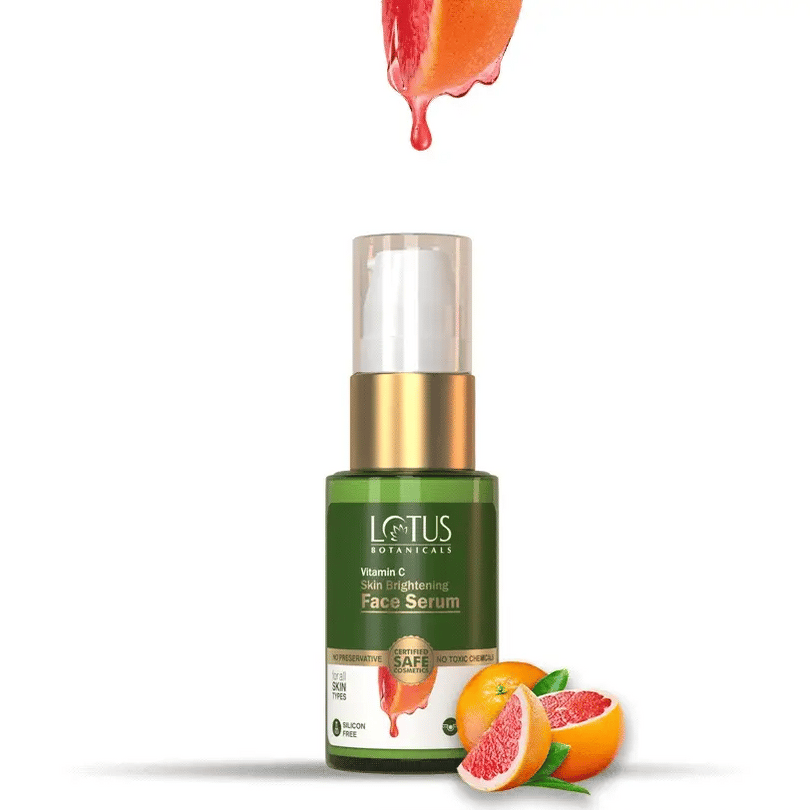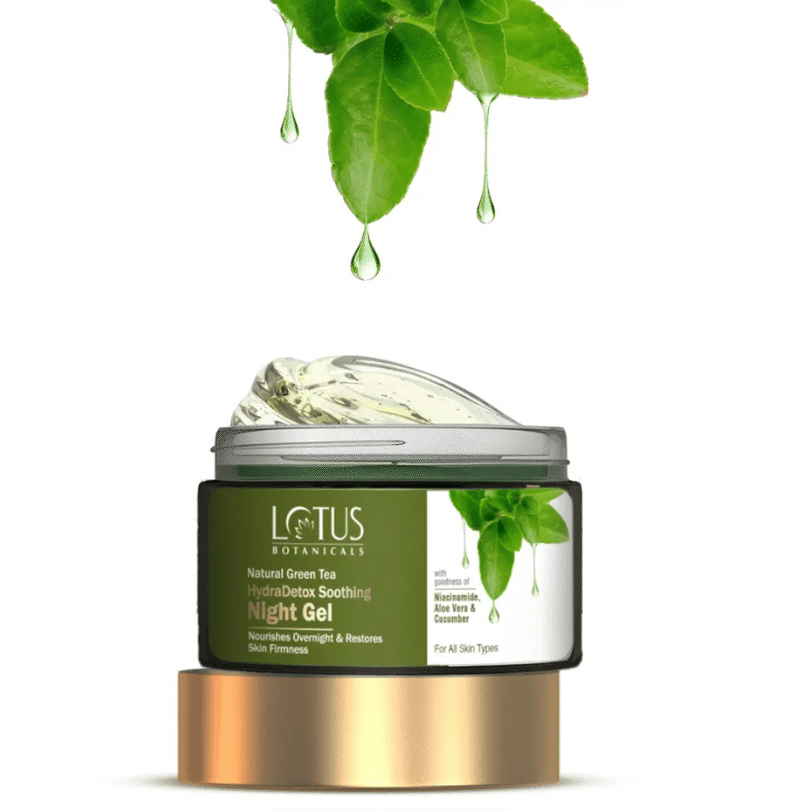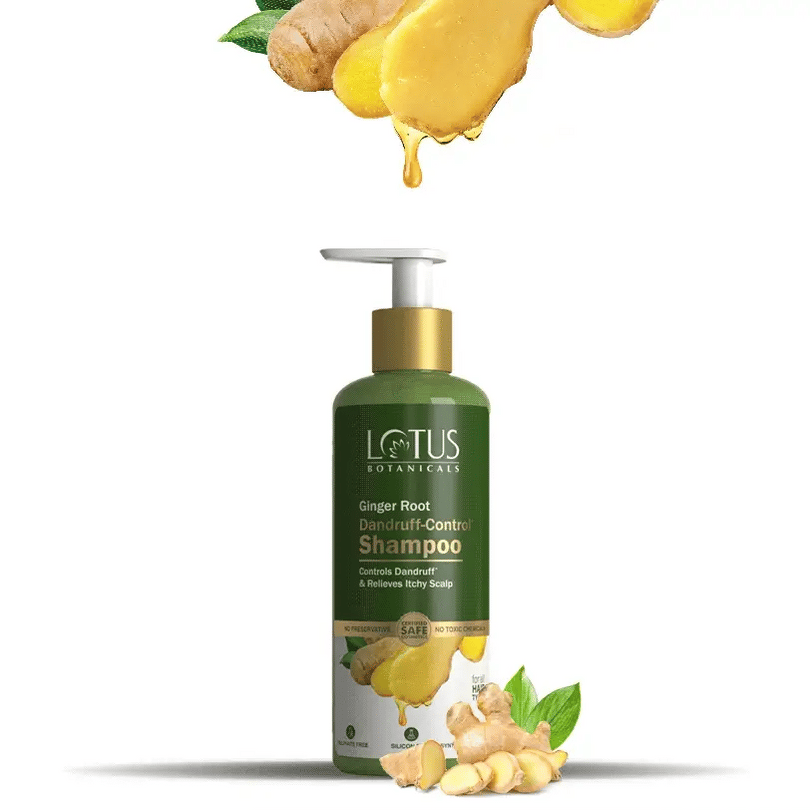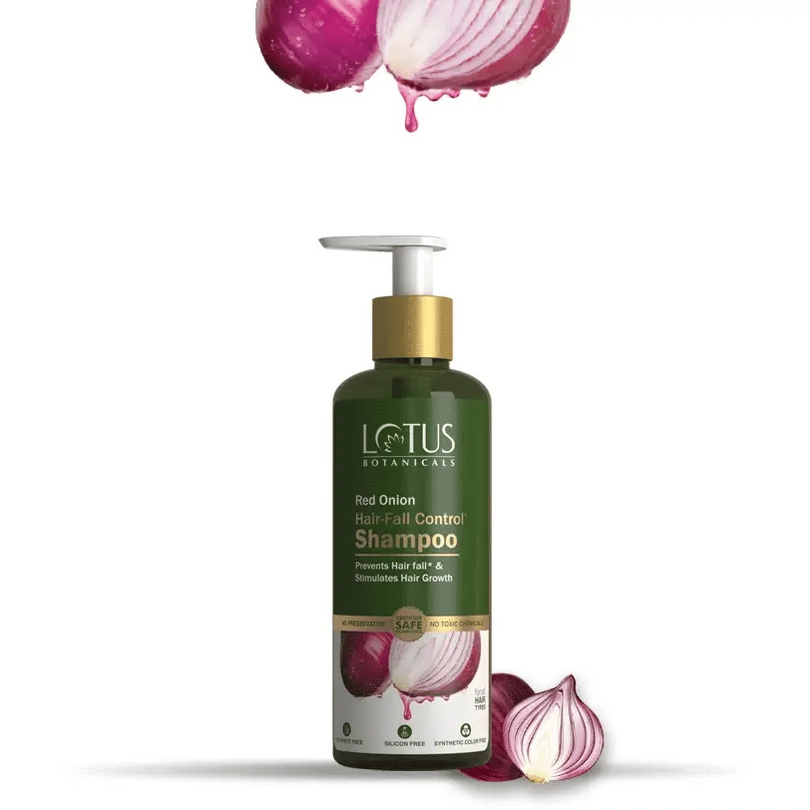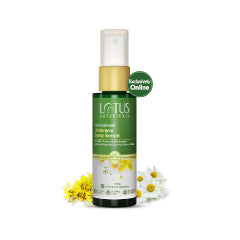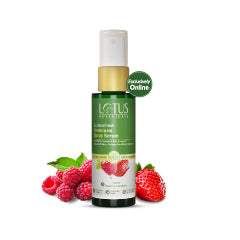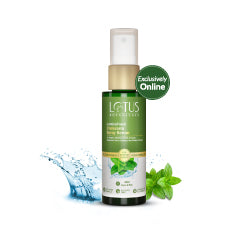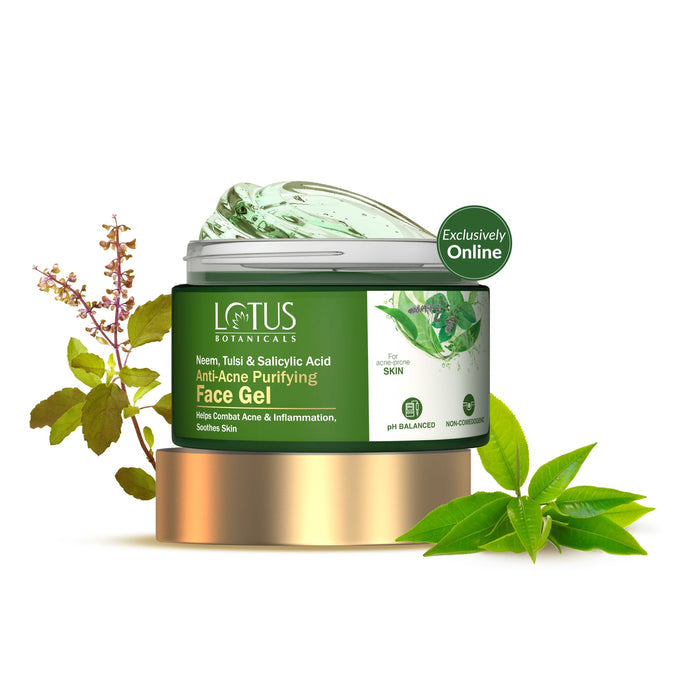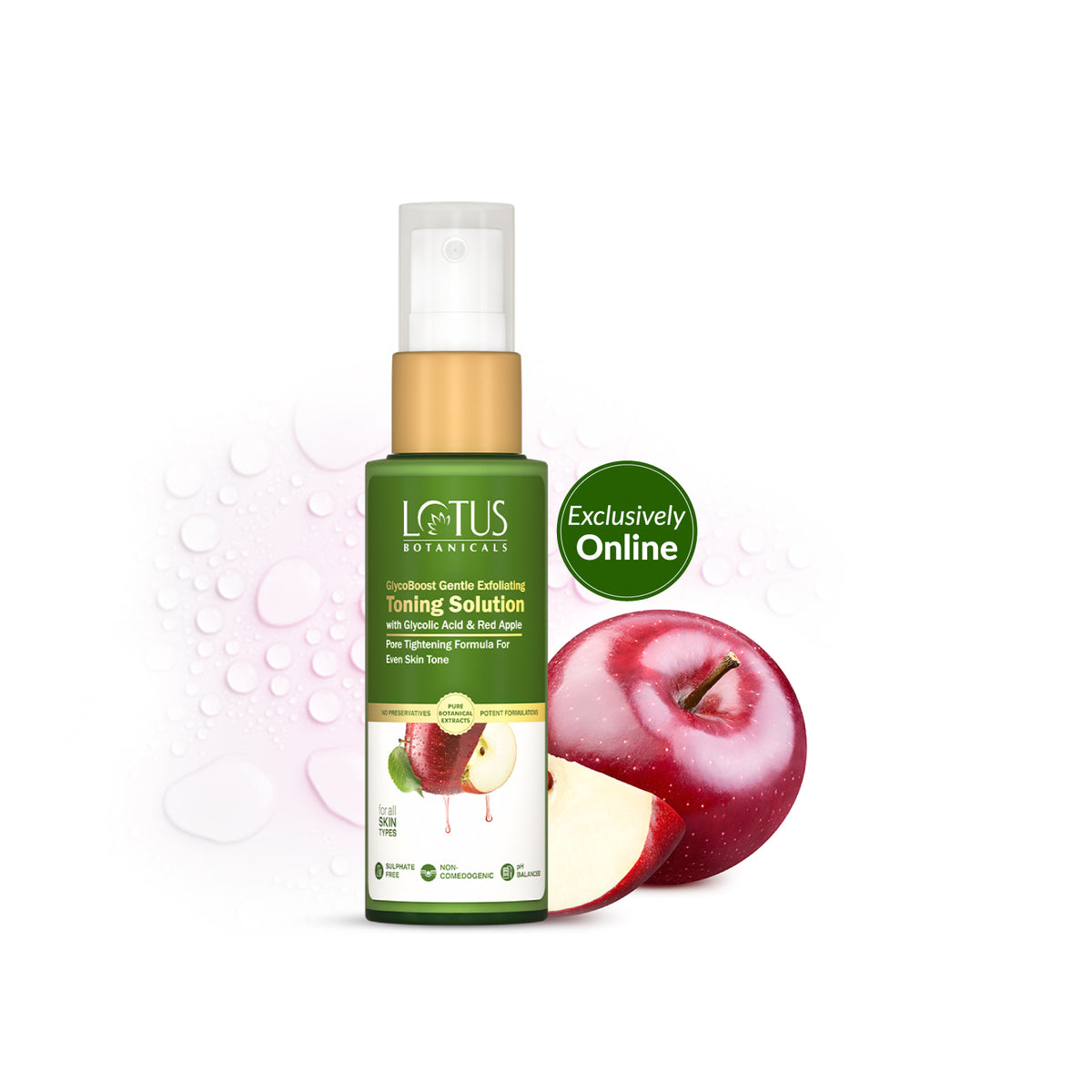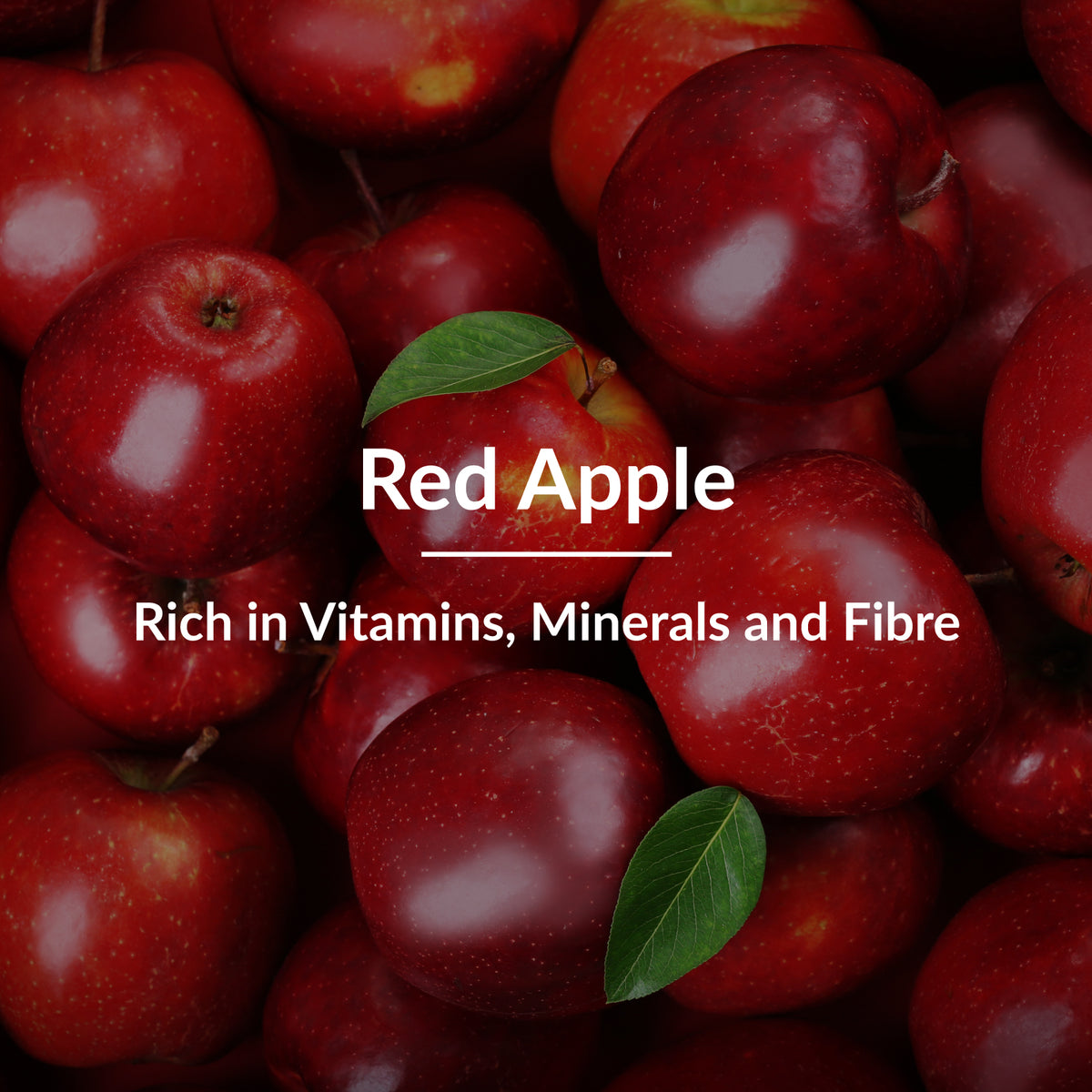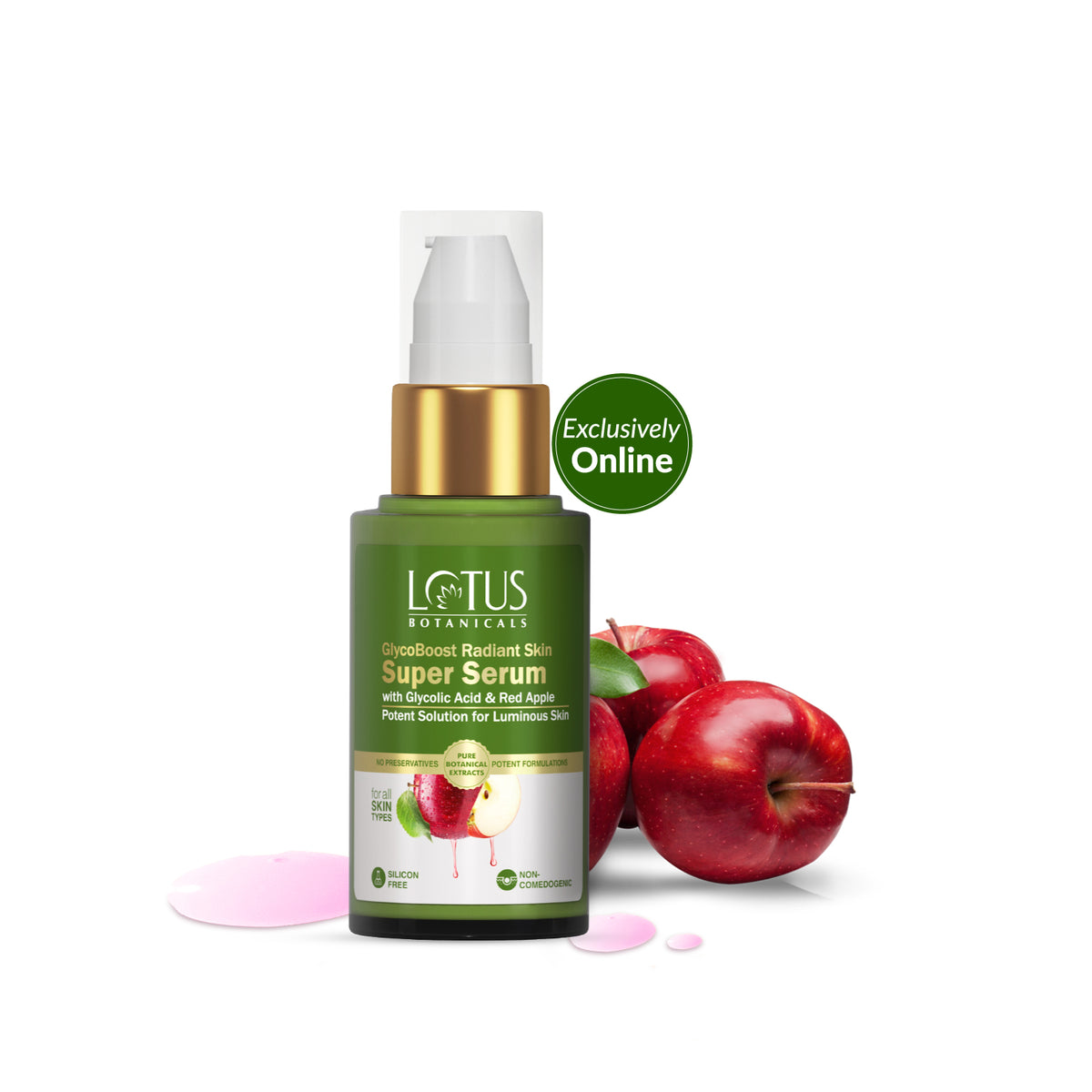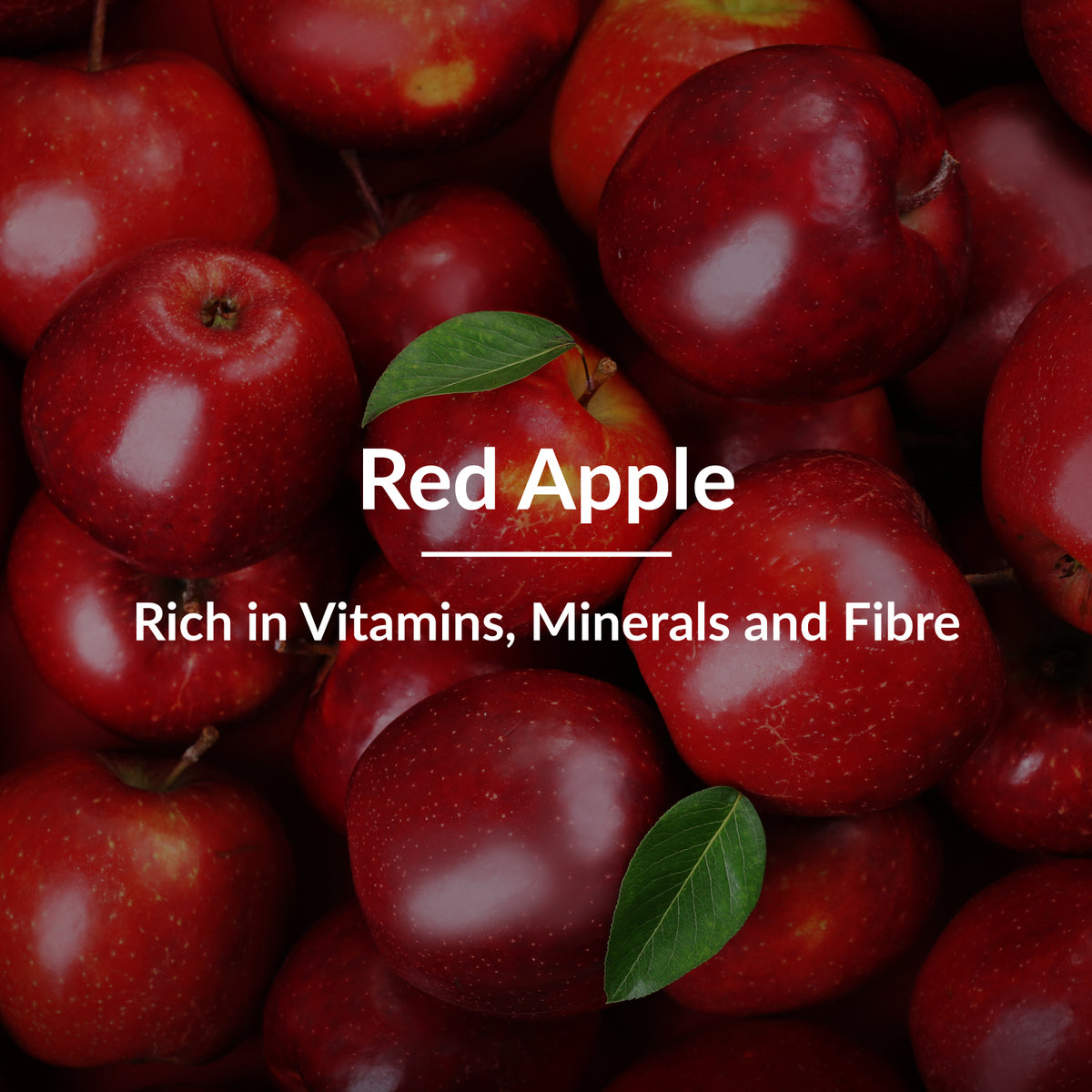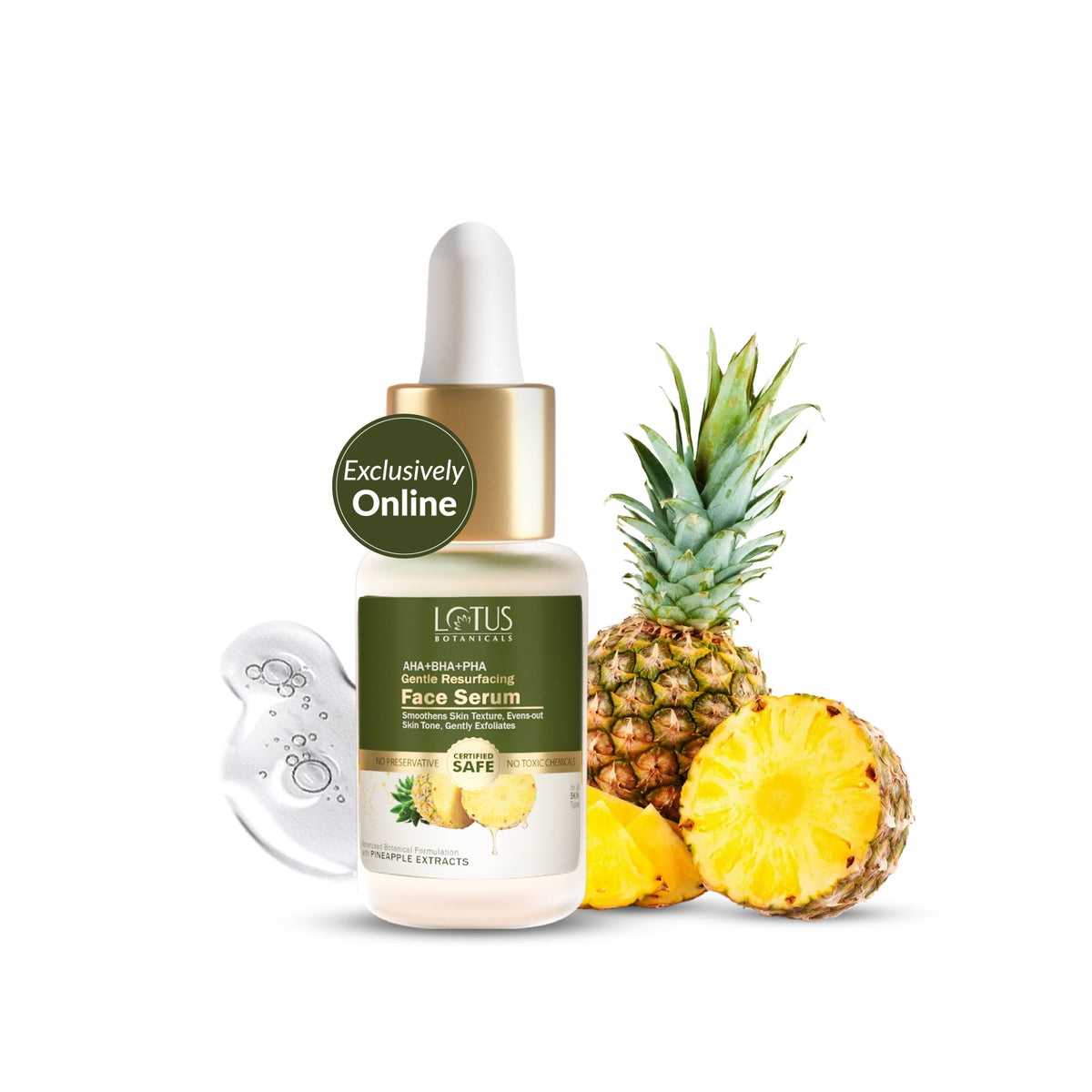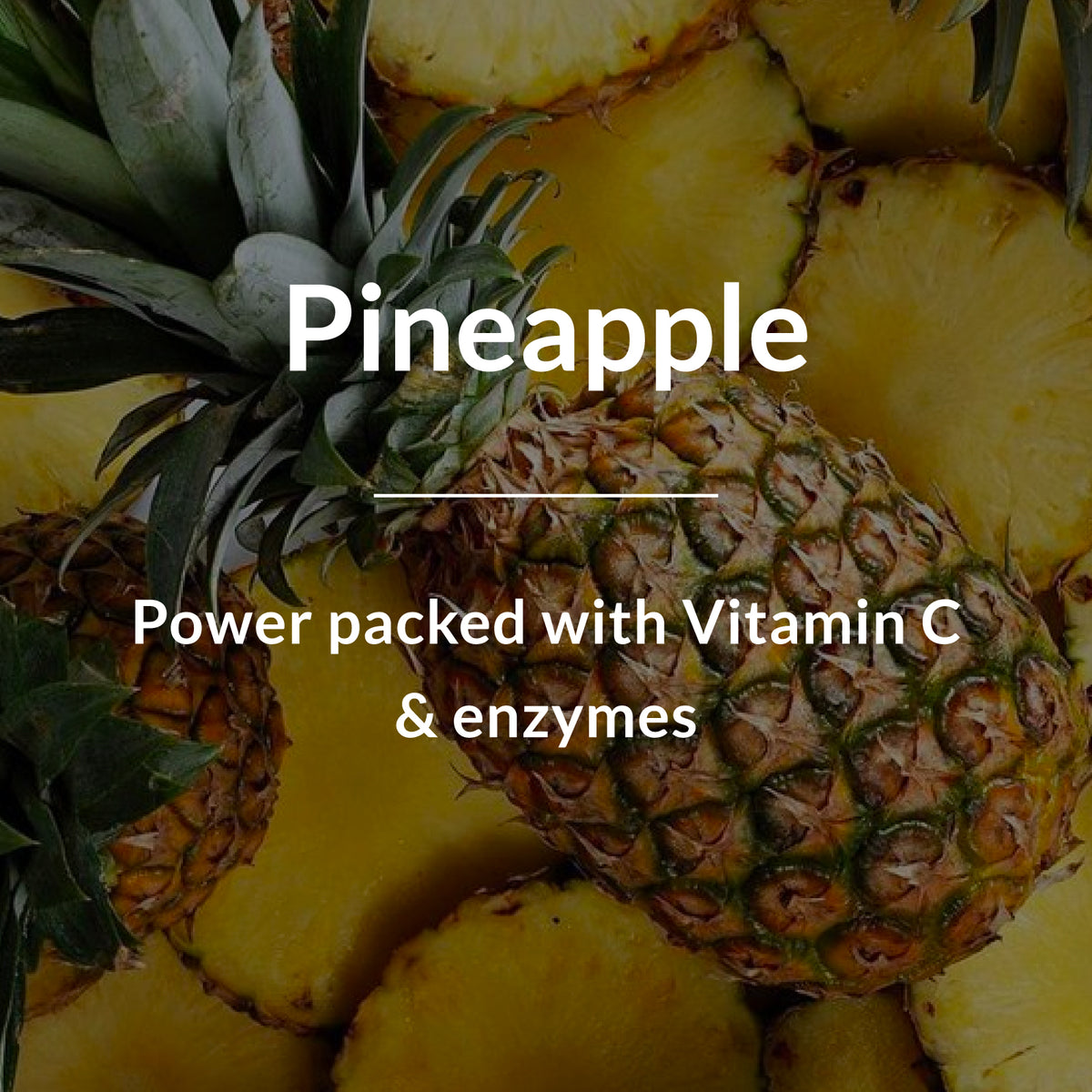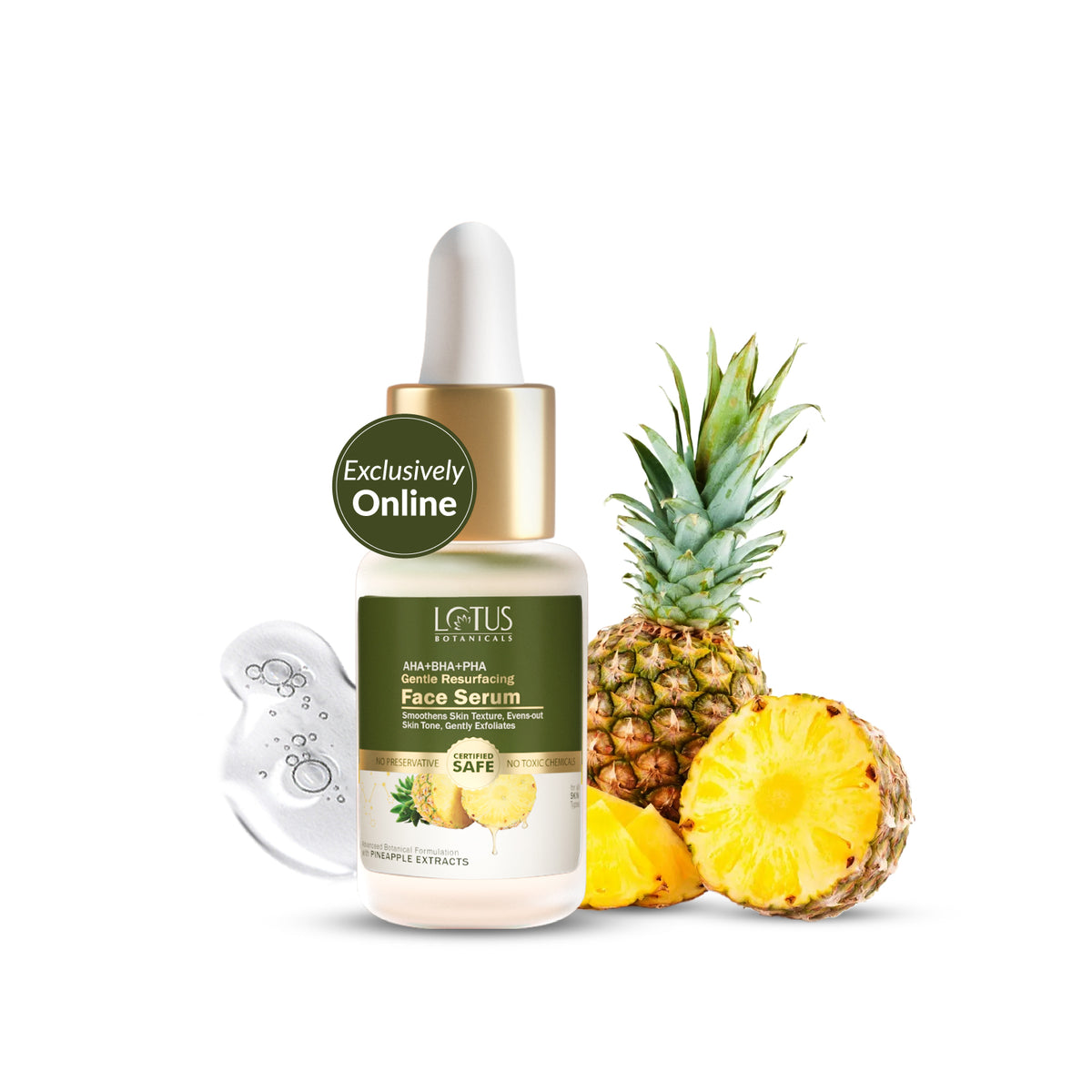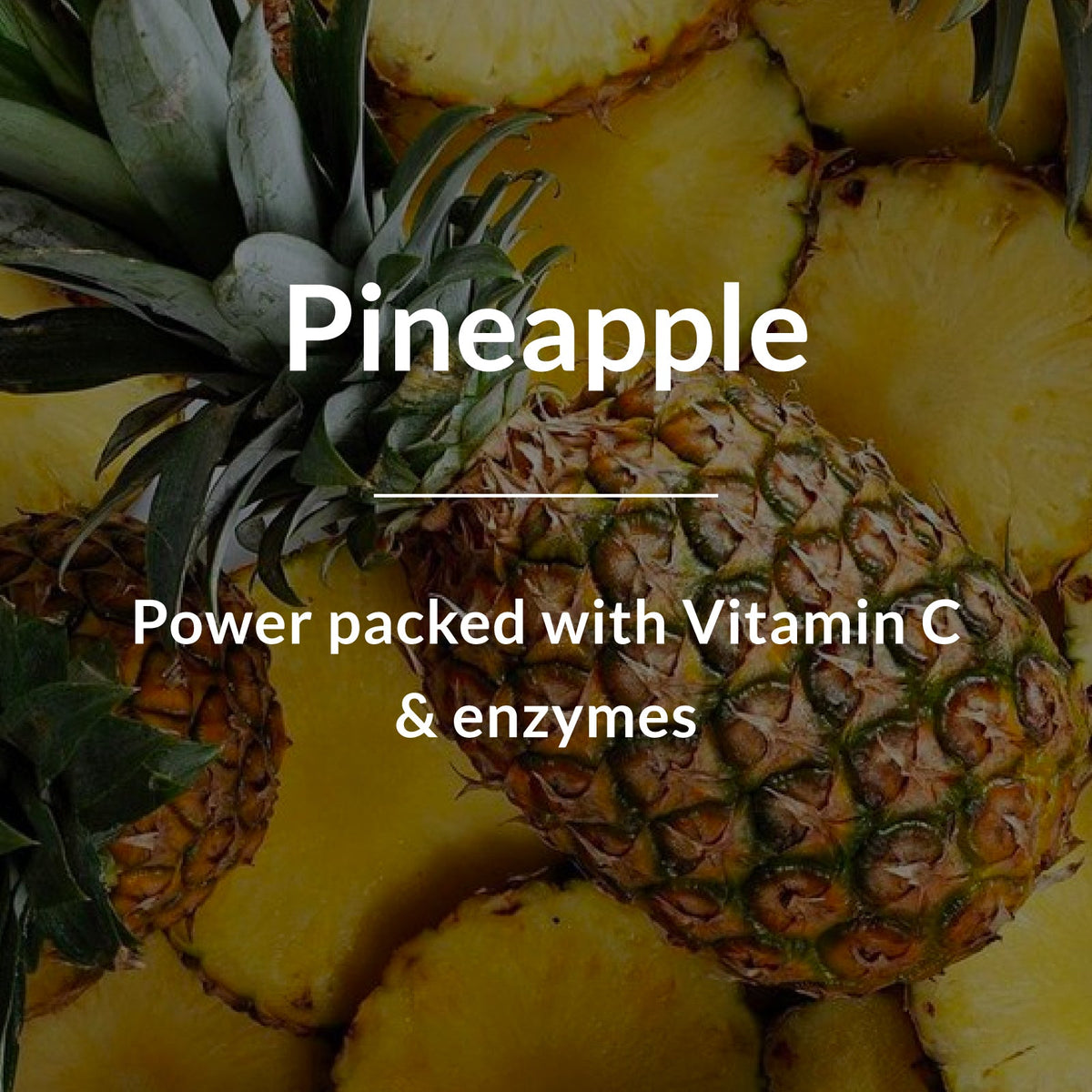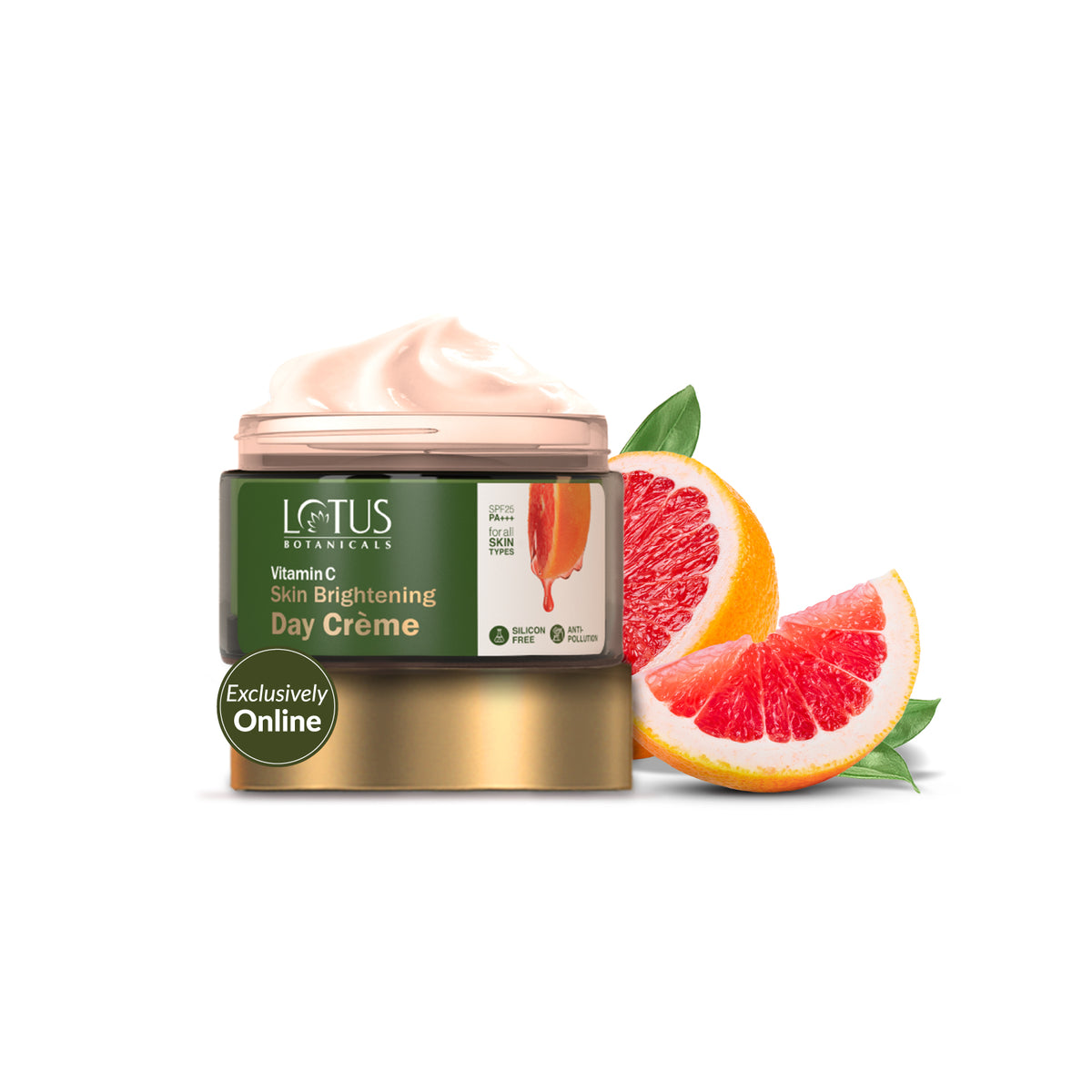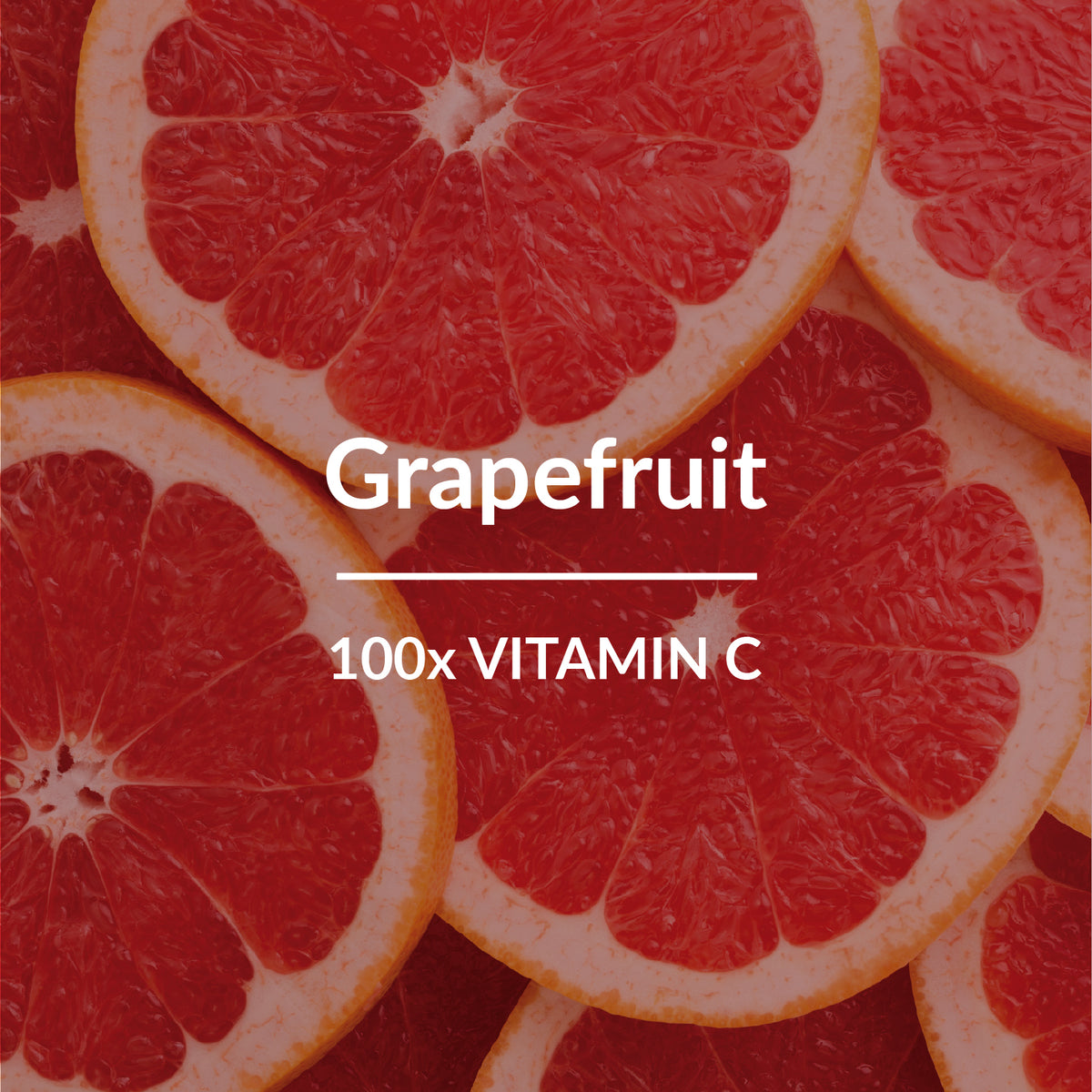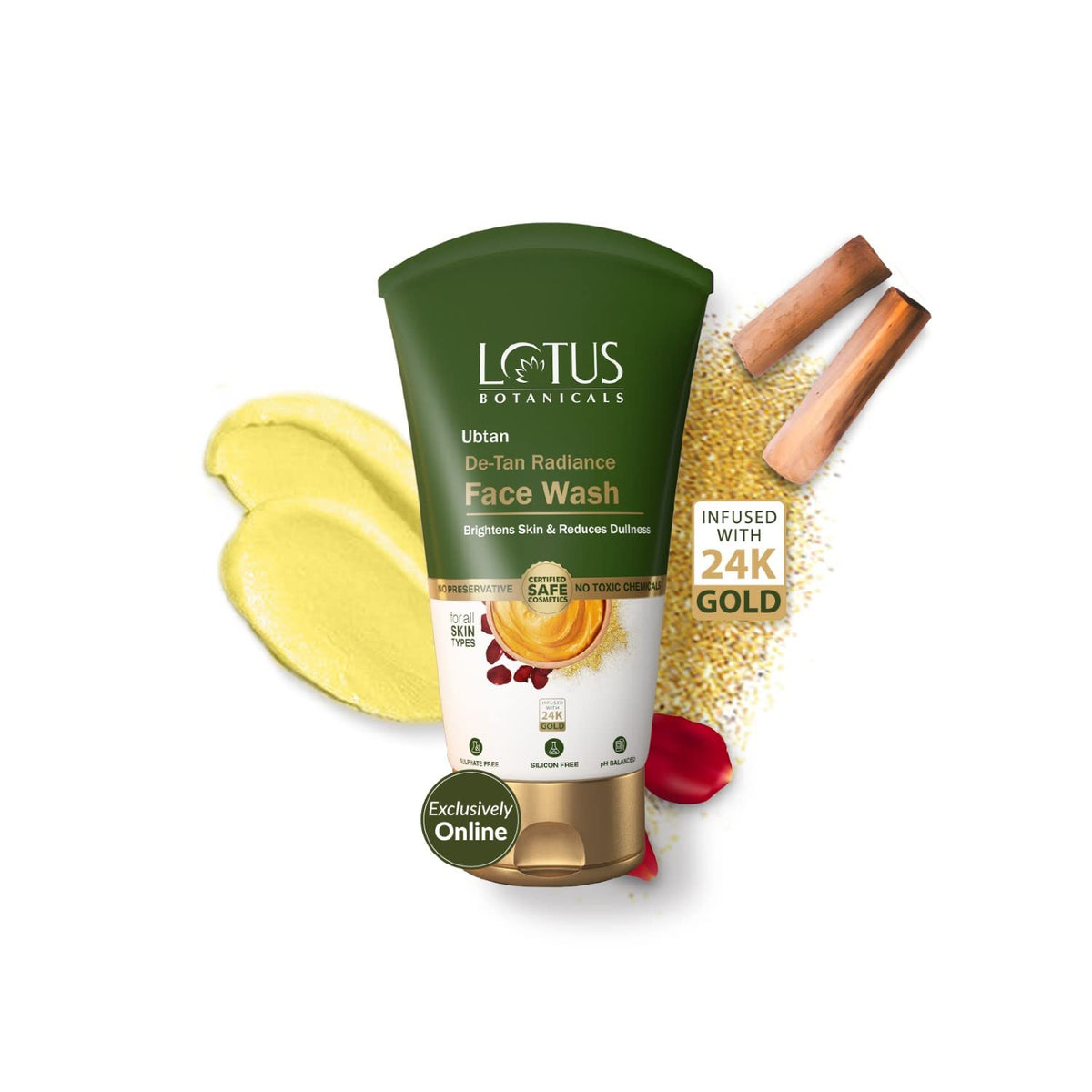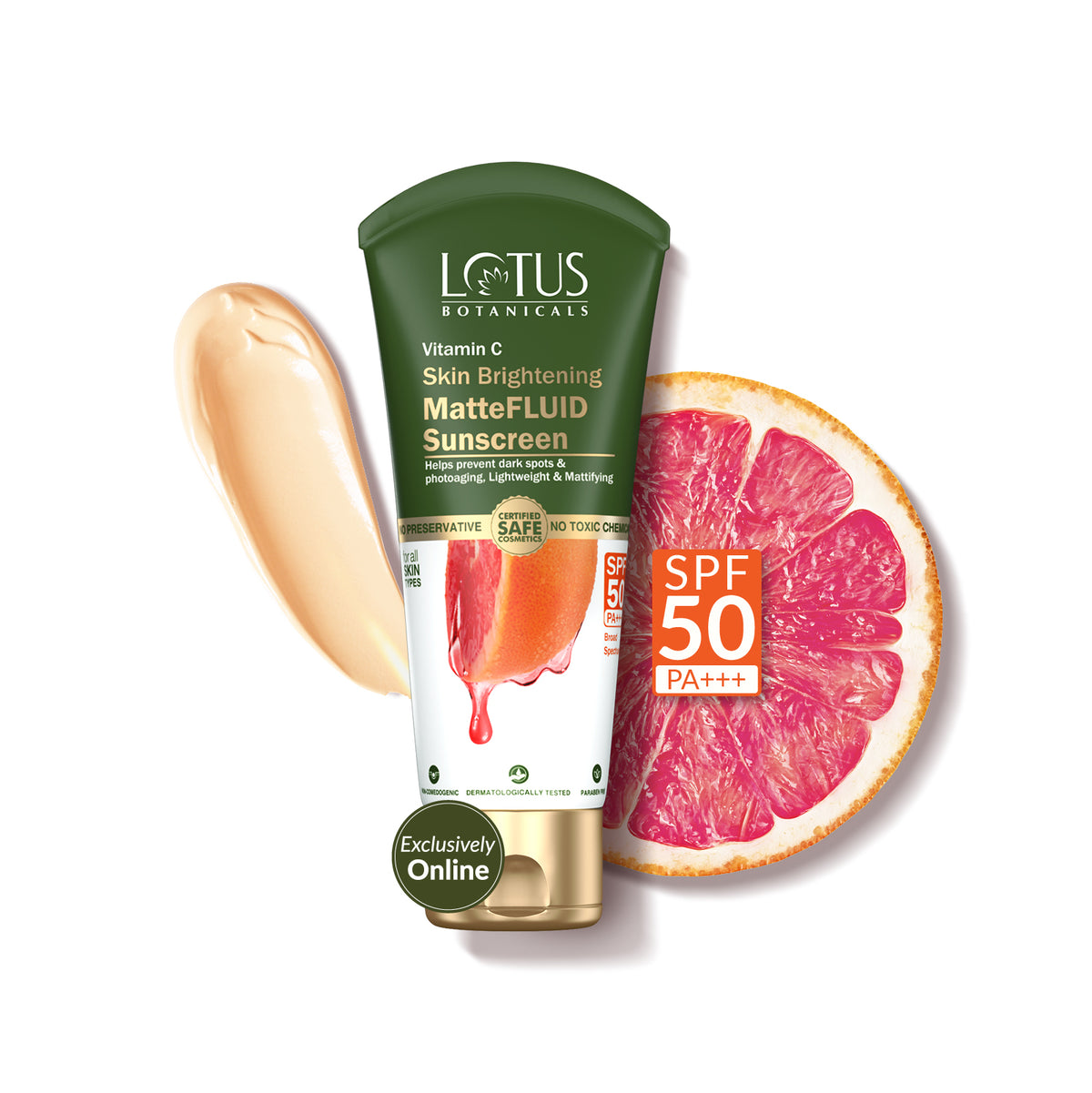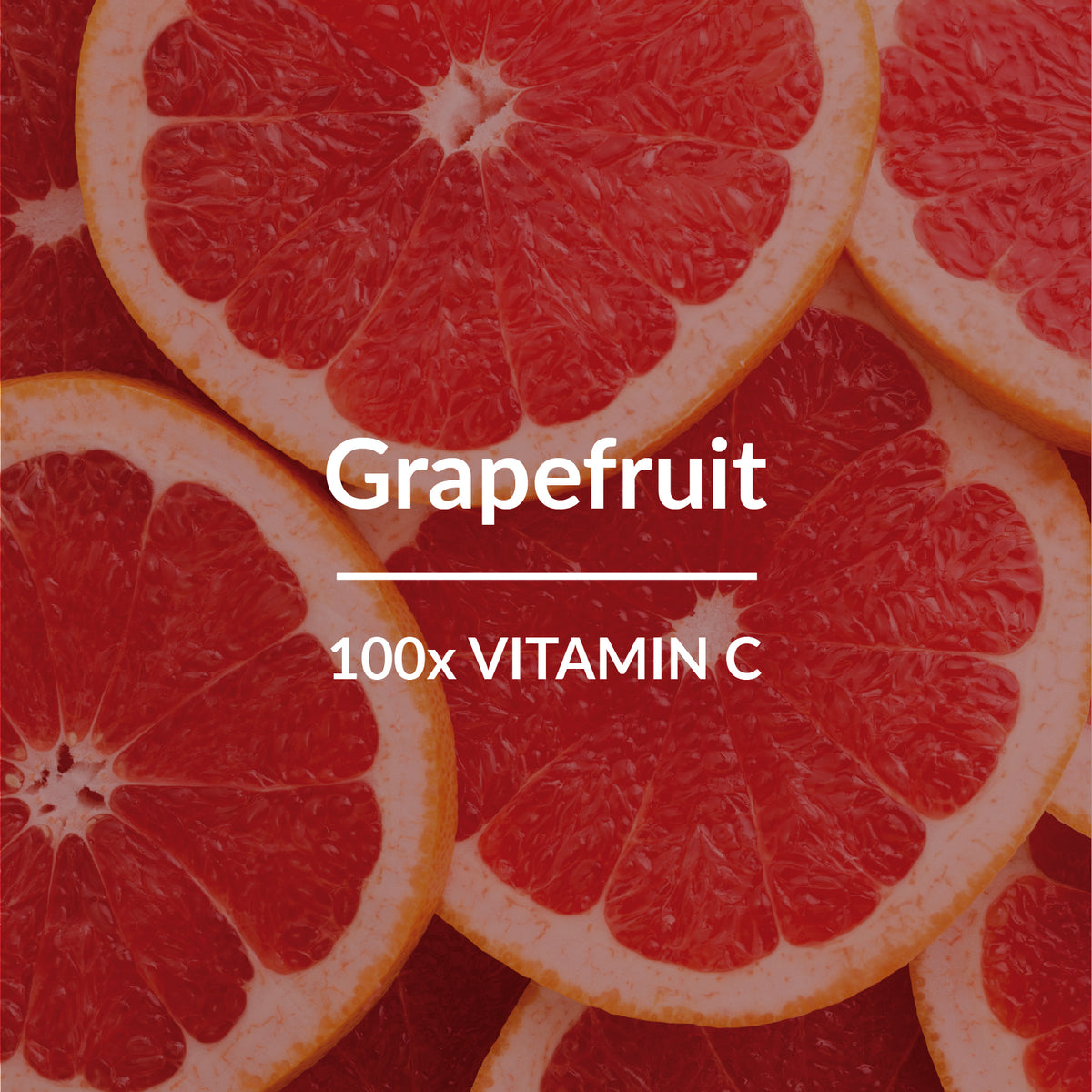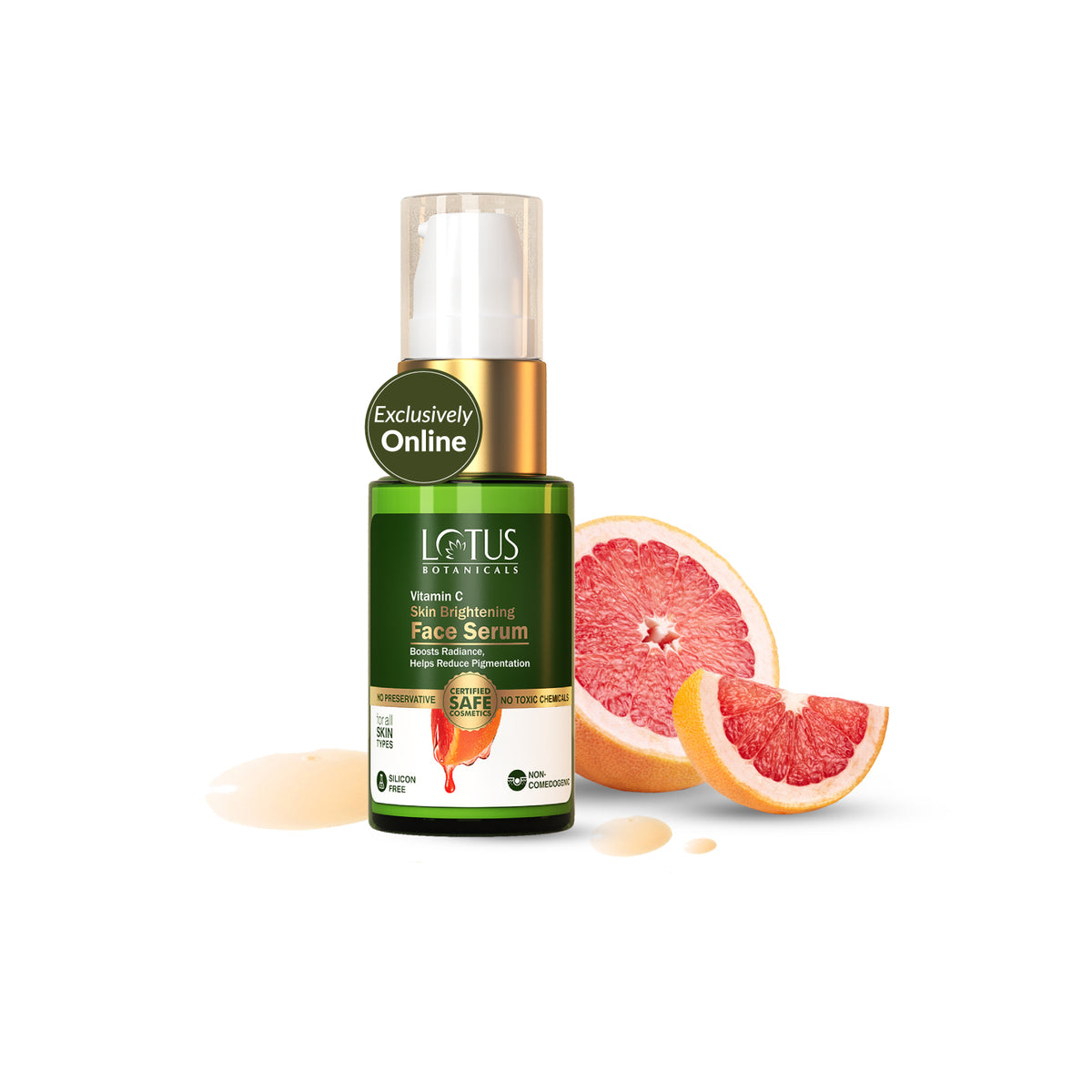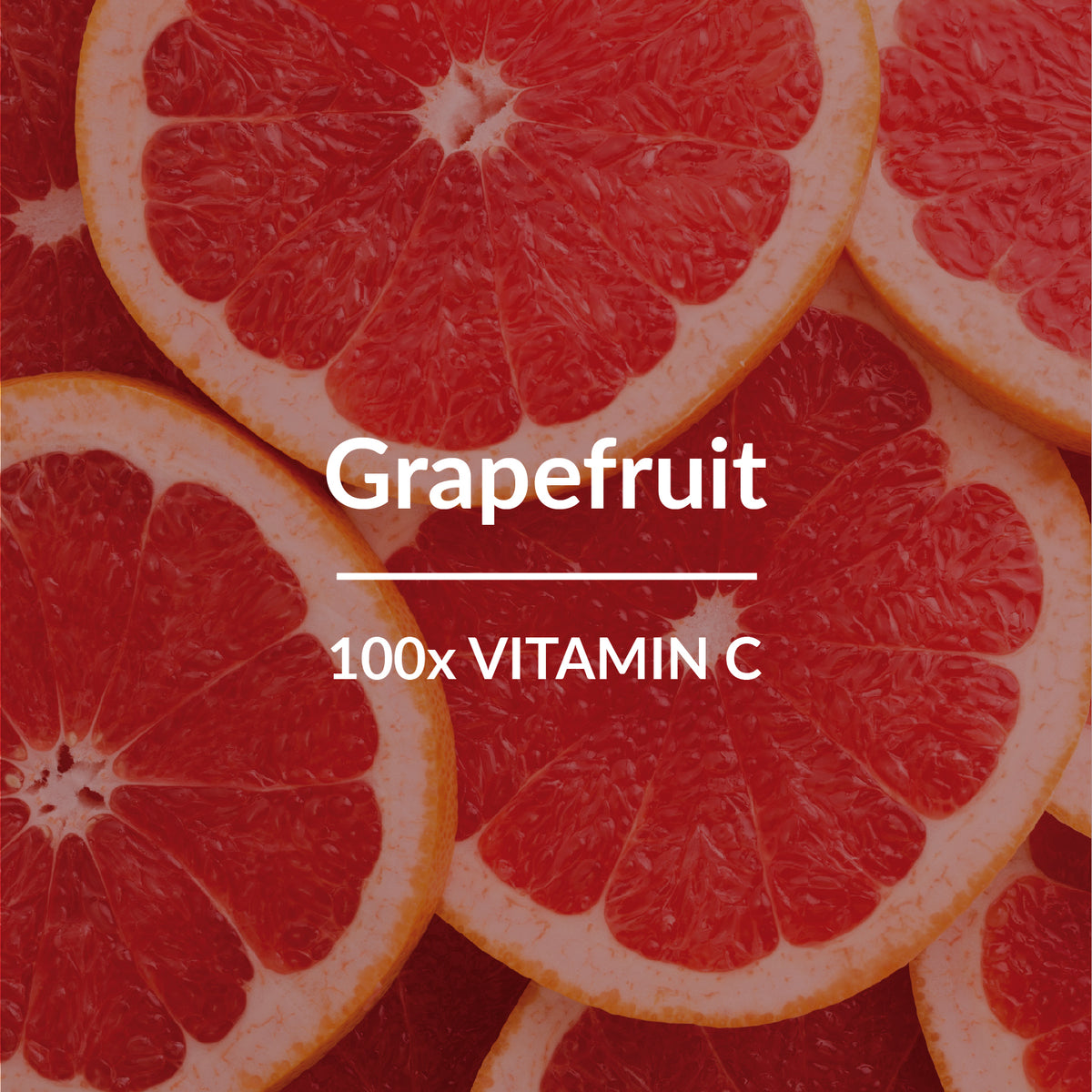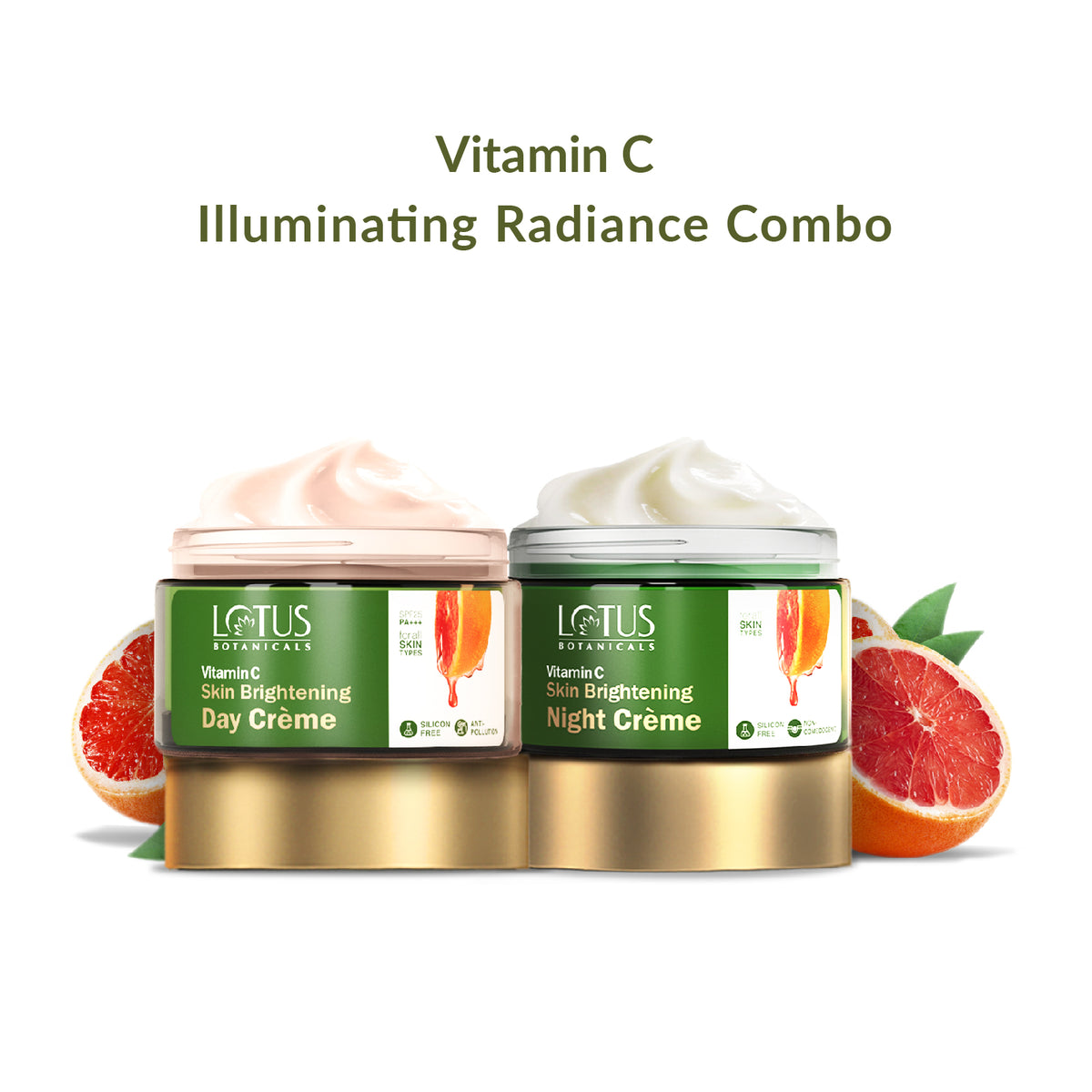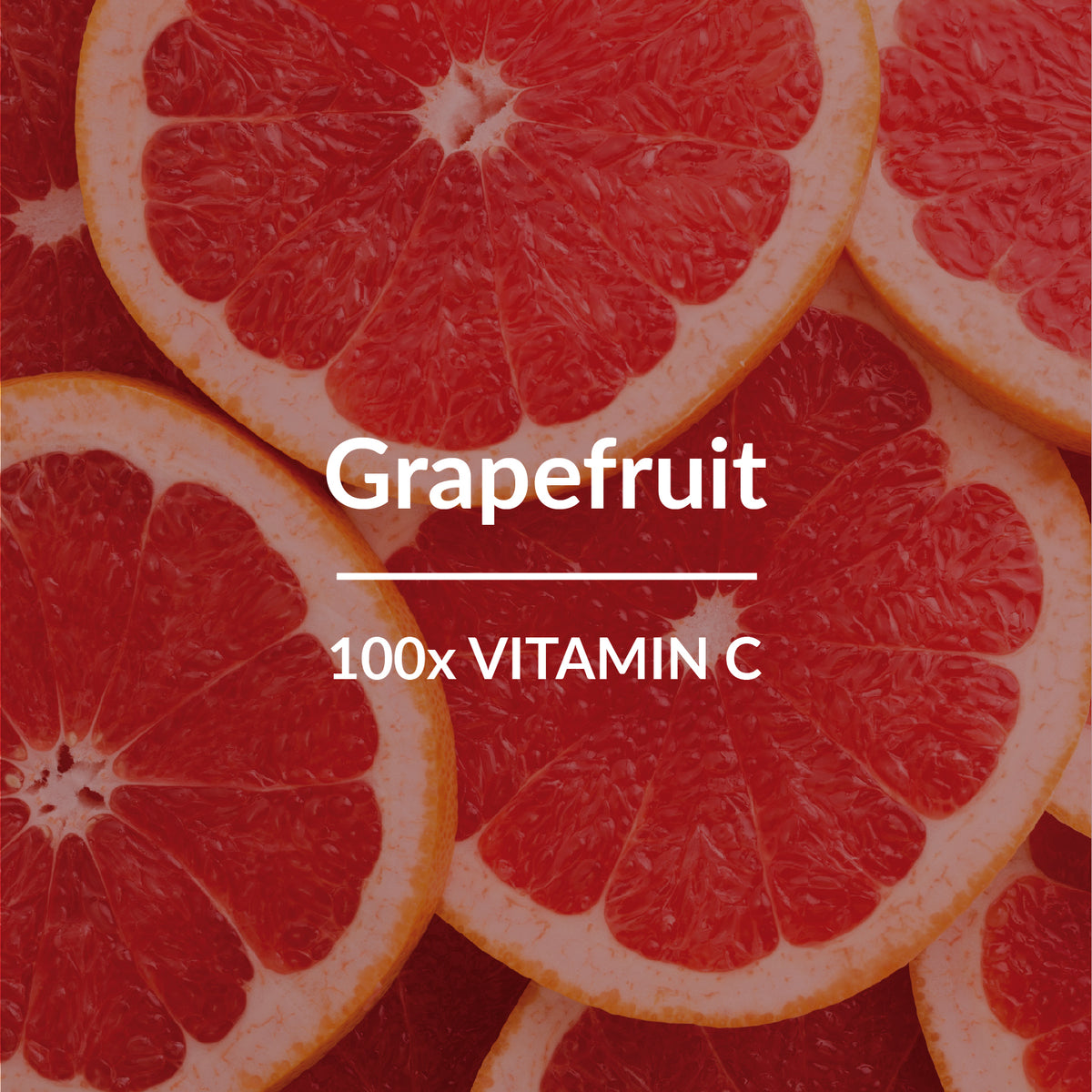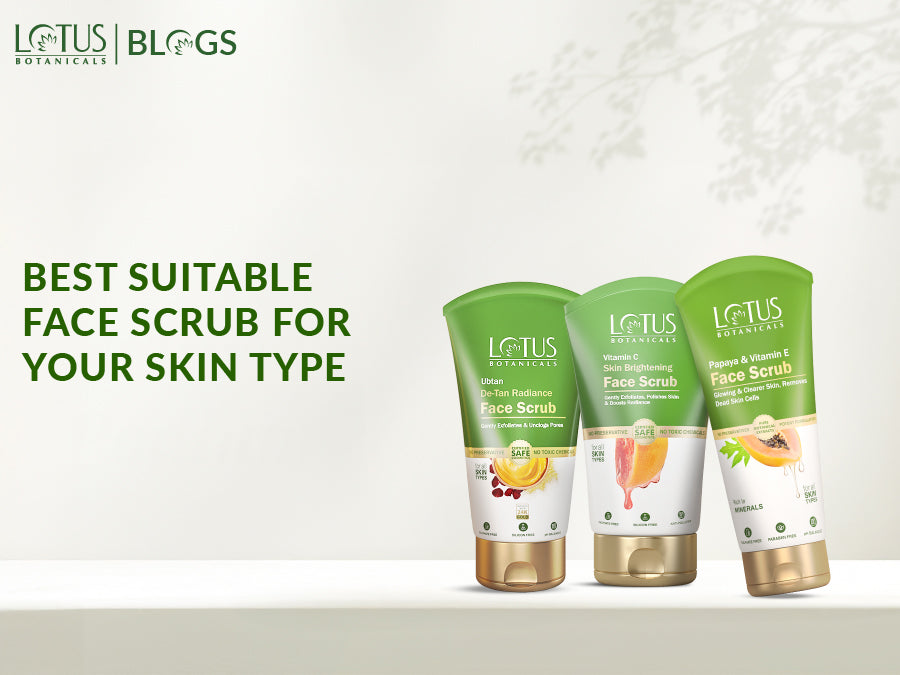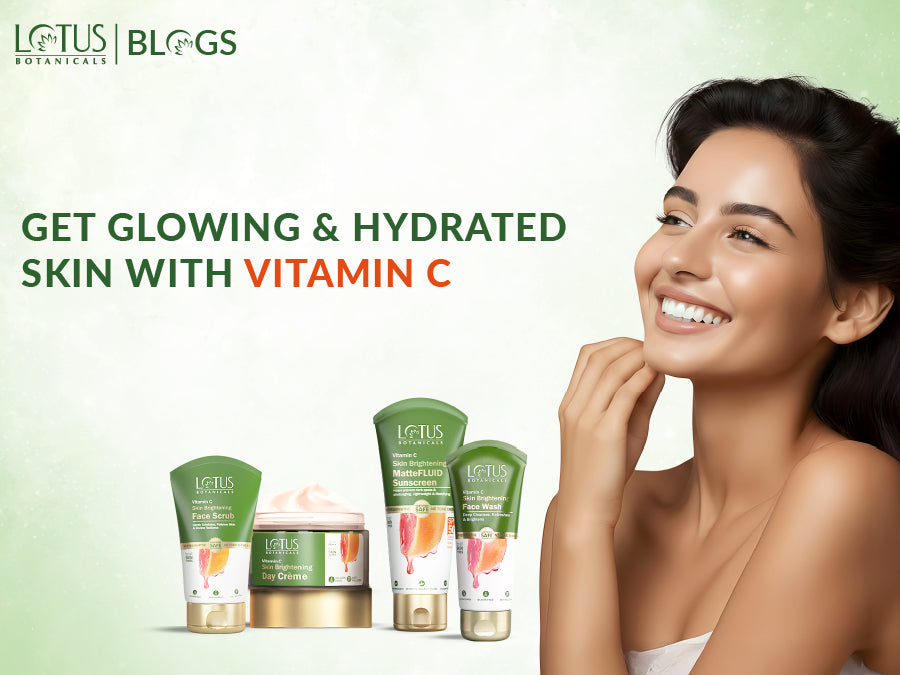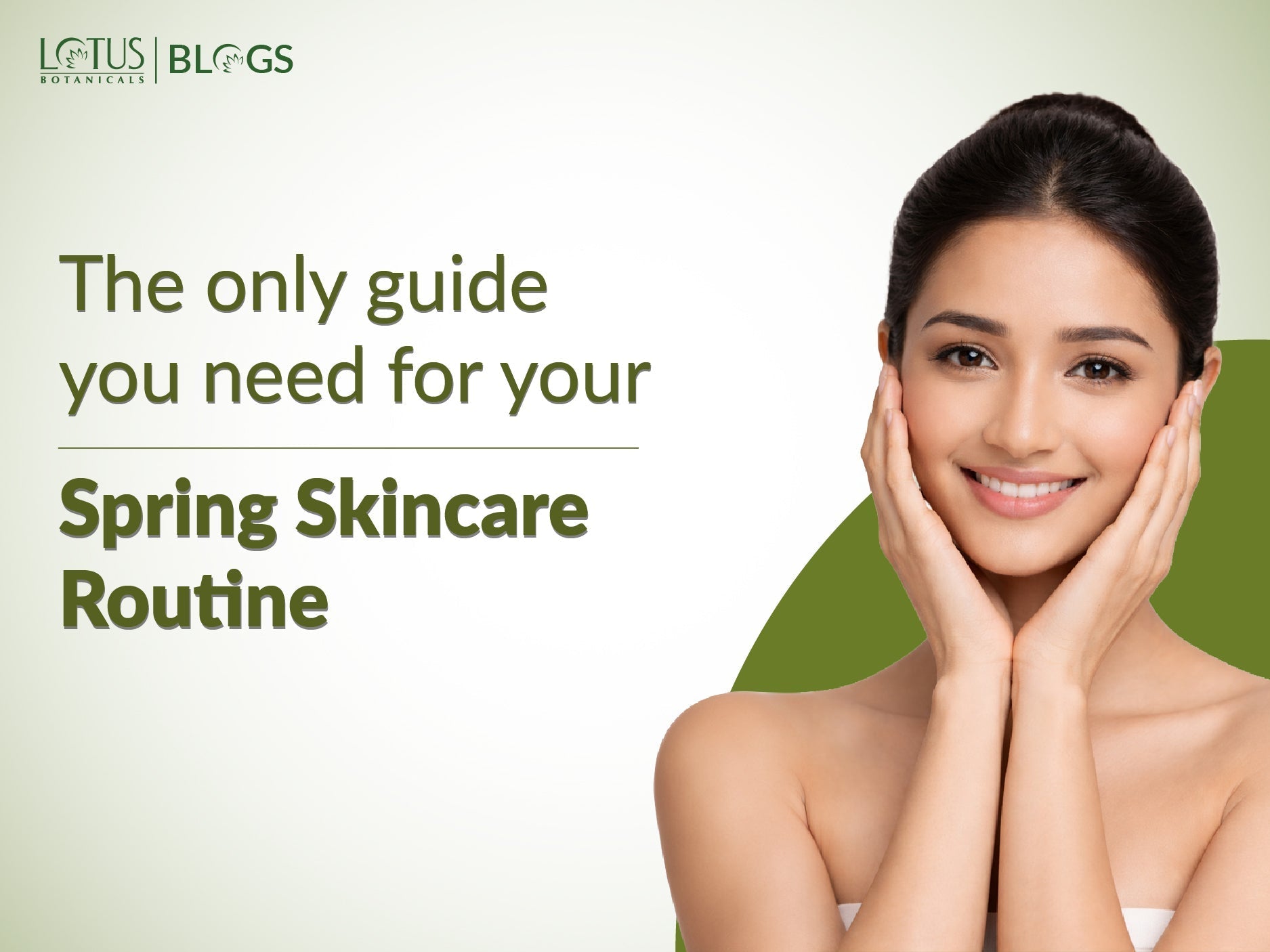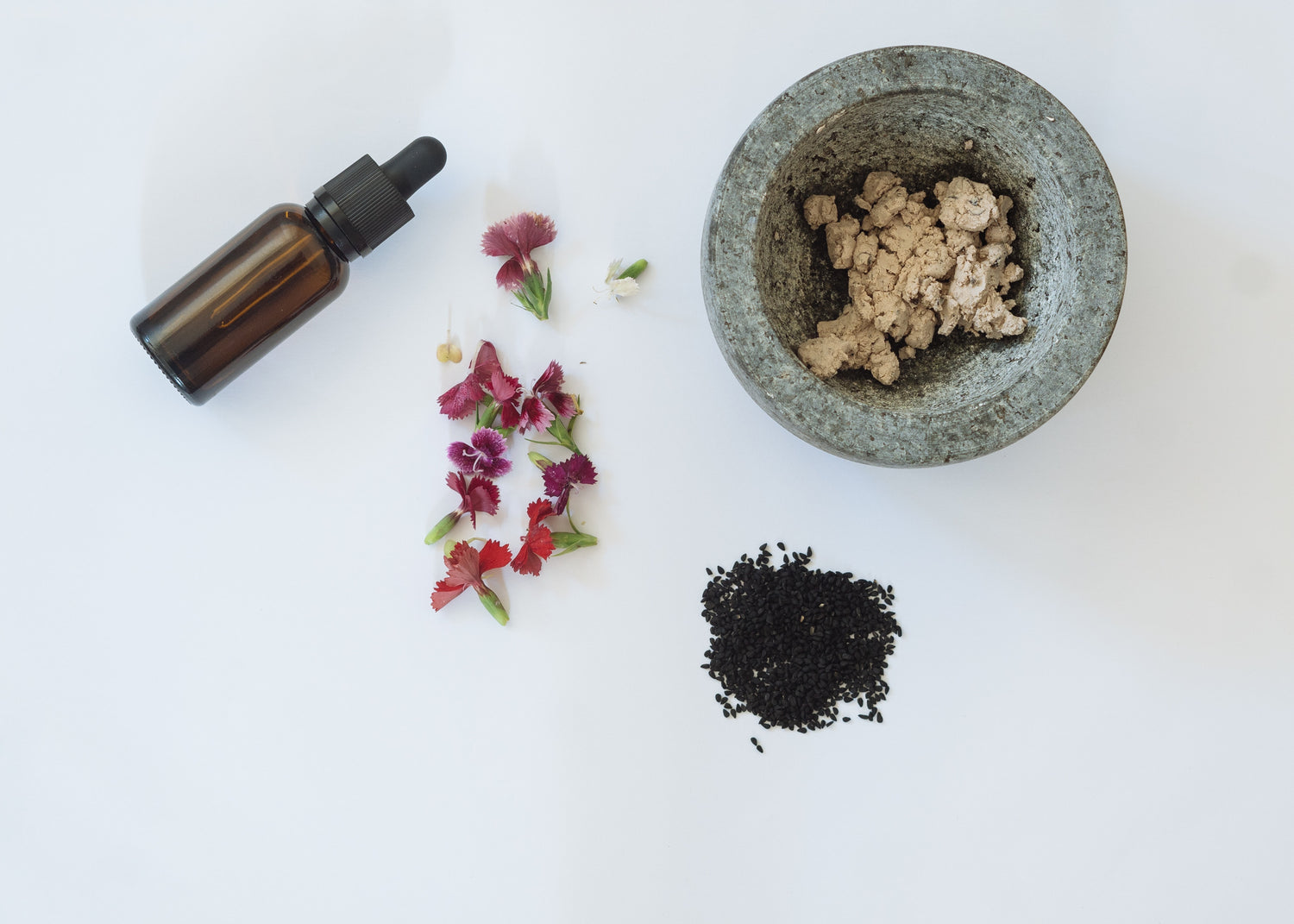
Highlights
-
Common Harmful Skincare Ingredients
-
How to Find out if a Product Contains Harmful Chemicals?
Skincare Ingredients to Avoid: Harmful Additives and Chemicals
When it comes to taking care of our skin, it's essential to know what we're putting on it. Many skincare products contain chemicals that can harm our skin instead of helping it. These chemicals might promise quick fixes and luxurious results, but they can have long-term consequences that we should be aware of.

Our skin is a remarkable and sensitive organ. It's our body's protective shield against the outside world, and it deserves gentle and thoughtful care. Chemical-based skincare products often contain ingredients like parabens, sulfates, and synthetic fragrances. These ingredients can lead to problems like irritation, allergies, and even more severe health issues in the long run.
This article explains why chemical-based skincare is dangerous. We'll examine some common dangerous substances and why choosing your skincare products wisely is essential for healthy, bright skin. Let's explore why you need skincare that nourishes and protects.
Why You Should Not Use Chemical Based Skin Care Products?
Using chemical-based skincare products is a topic that can be approached from multiple angles, and the decision to use them or not depends on various factors, including individual preferences and skin sensitivities.
It's important to note that not all chemical-based skincare products are necessarily harmful, and many of them have been thoroughly tested for safety and efficacy. However, there are some concerns associated with certain chemical ingredients in skincare products that may make some people opt for alternative options.
Here are some reasons why some individuals choose to avoid chemical-based skincare products:
- Chemical ingredients may cause irritation, redness, or allergic reactions in some individuals.
- Many chemical-based products contain synthetic fragrances that can trigger allergies or skin sensitivities.
- Chemical-based products may offer short-term benefits but could lead to long-term skin problems.
- Certain chemicals can lead to hormone imbalance and cancer in the long run.
Not all chemical-based skincare products are harmful or ineffective. Many reputable brands conduct extensive testing to ensure the safety and efficacy of their products.
Additionally, some chemical ingredients can provide specific benefits, such as antioxidants or sun protection. But this should not always be the option. In fact, you can consider trying natural skincare products like those from Lotusbotanicals, a well-known brand known for safety and effectiveness.
Their products use natural ingredients that are gentle on your skin. Lotusbotanicals offers a range of options to help you achieve healthier, glowing skin. Give them a try for a more natural skincare routine. Well, now let’s begin with skincare ingredients one must avoid.
GlycoBoost Gentle Exfoliating Toning Solution
Removes Dead Skin Cells | Refines Pores | Glass-like Luminous Skin
GlycoBoost Radiant Skin Super Serum
Boosts Skin Luminosity | Fades Dark Spots | Clear Blemishes
Common Harmful Skincare Ingredients
When it comes to skincare, it's essential to be aware of the ingredients in the products you use. Some common skincare ingredients, often found in various beauty and cosmetic products, can be harmful to your skin. Here are some of these ingredients you should watch out for:
1. Parabens
Parabens are a group of synthetic chemicals commonly used as preservatives in various skincare, cosmetic, and personal care products. They serve the purpose of extending the product's shelf life by preventing the growth of harmful bacteria, mold, and yeast.
Parabens can be found under different names, such as methylparaben, ethylparaben, propylparaben, and butylparaben, on ingredient lists.
But why are parabens harmful? Parabens have raised concerns due to their ability to mimic estrogen, a hormone in the human body.
When applied to the skin, parabens can be absorbed and have been detected in human tissues and urine. This resemblance to estrogen can disrupt the endocrine system, which regulates hormones. Prolonged exposure to parabens may lead to hormone imbalances, potentially impacting various bodily functions.
Here are some potential health risks of parabens:
- Parabens can interfere with the normal hormonal balance, potentially contributing to reproductive and developmental issues.
- Some studies have found traces of parabens in breast cancer tumors, although a direct link between parabens and cancer is still under investigation and debated among scientists.
- Parabens can cause skin irritation and allergic reactions, especially in individuals with sensitive skin.
To avoid products containing parabens, check the ingredient list on skincare and cosmetic products. Look out for any ingredient with "paraben" in its name (e.g., methylparaben or propylparaben) and consider choosing products labeled as "paraben-free" or those that use alternative preservatives.
2. Sulfates
Sulfates are chemical compounds commonly used in skincare and personal care products, primarily as foaming agents and surfactants. The most frequently encountered sulfates in these products are sodium lauryl sulfate (SLS) and sodium laureth sulfate (SLES).
- Sodium Lauryl Sulfate (SLS): This is a chemical that makes your soap, shampoo, and cleansers foam up and feel bubbly. It's like the ingredient that makes your toothpaste turn into frothy bubbles when you brush your teeth. However, SLS can be a bit tough on your skin and hair. It might make your skin feel dry, and for some people, it can cause irritation.
- Sodium Laureth Sulfate (SLES): This one is similar to SLS but a bit gentler. It's also used to make your products foamy and bubbly. While it's milder than SLS, it can still strip away some natural oils from your skin and hair, which could make them dry.
So, when you see SLS or SLES on a product label, it's a signal that it's likely to create lots of bubbles but could also be harsh on your skin and hair. If you have sensitive skin or want a milder option, you might want to choose products without these ingredients.
3. Synthetic Fragrances
Some skincare products, like lotions, creams, and perfumes, use synthetic fragrances to make them smell nice. These artificial scents are often made up of a mixture of chemicals that can cause problems for your skin.
When you put products with synthetic fragrances on your skin, they can lead to things like redness, itching, and even rashes, especially if you have sensitive skin.
The tricky part is that companies don't have to tell you exactly what chemicals they use to create these fragrances, so you might not know what you're putting on your skin. That's why it's a good idea to choose products that say "fragrance-free" or use natural fragrances from things like essential oils. This way, you can enjoy skincare without worrying about hidden chemicals that might not be good for your skin.
4. Formaldehyde-releasing Preservatives
Imagine you have a jar of jelly that you want to keep fresh for a long time. To do that, you might put something inside it to stop it from spoiling. In skincare products, there are certain ingredients (like DMDM hydantoin, diazolidinyl urea, and quaternium-15) that work like that. They release a substance called formaldehyde over time. Let’s break down these three chemicals:
- DMDM hydantoin: Think of DMDM hydantoin like a protector for your skincare products. It's added to them to keep them fresh and safe to use for a longer time. But, the tricky part is that as it does this job, it releases something called formaldehyde, which can be bad for your skin.
- Diazolidinyl urea: This is another protector in skincare products. It also helps prevent bacteria from growing inside the product. But, just like DMDM hydantoin, it releases formaldehyde, which isn't good for your skin.
- Quaternium-15: Quaternium-15 is like a guardian against germs in your skincare stuff. It stops bacteria from spoiling the product. But, here's the issue – it, too, releases formaldehyde, which can be harsh on your skin.
Now, here's the catch: formaldehyde is not something you want on your skin. It's known to be a harmful chemical that can cause health problems. So, if you see these long, complicated names on the ingredient list of your skincare products, it's a good idea to avoid them. They can be bad for your skin and your overall health.
5. Phthalates
Phthalates are like hidden troublemakers in some skincare products. They're used to make things smell and feel nice. However, they can sneak into our bodies and cause problems.
Phthalates have been linked to messing up our hormones, which are like traffic controllers for our body. When our hormones get mixed up, it can lead to health issues, especially for pregnant folks and kids.
So, it's important to check the labels on skincare stuff. If you see words like "phthalates" or "fragrance" (because fragrances often hide phthalates), you might want to choose a different product. This way, you can help keep your body's hormone traffic running smoothly and stay healthier in the long run.
6. Petroleum-Based Ingredients
Imagine that some skincare products contain ingredients that come from the same stuff used to make gasoline. Yes, that's right! These ingredients are called "petroleum-based."
Petroleum-based ingredients like mineral oil, paraffin wax, and petrolatum can provide a short-term feeling of moisture and protection. Let’s know a bit more about these ingredients.
- Minerals: Mineral oil, found in some skincare products, is like a clear oil made from the same stuff as gasoline. It can make your skin feel soft, but it might also clog your skin's tiny openings, causing pimples and blackheads.
- Paraffin Wax: Paraffin wax, found in some skincare products, creates a surface layer on your skin. While it can lock in moisture temporarily, it might trap dirt and sweat, possibly causing acne or irritation. It's like wearing a thick coat on a hot day; it might make you uncomfortable.
- Petrolatum (Vaseline): Vaseline is like a thick, protective coat for your skin. It keeps moisture in, but it also stops your skin from working properly. If it's not cleaned well, it can lead to problems. So, some people choose gentler products to avoid these issues.
For those with sensitive or acne-prone skin, it's often a good idea to consider gentler options. Natural oils like jojoba or coconut oil and plant-based moisturizers can keep your skin healthy without causing problems. You might want to try Lotusbotanicals' "Vitamin C Skin Brightening Face Moisturizer" as an example of such a product. It's designed to be kind to your skin while giving it a boost of nutrients.
7. Triclosan and Triclocarban
Triclosan and triclocarban are tricky-to-say chemicals often used in some soaps and cleansers. They're meant to kill germs, but they can bring problems of their own.
First, these chemicals don't disappear after we use them. They go down the drain and into our environment, where they can harm aquatic life and mess up ecosystems.
Second, when we use products with triclosan or triclocarban too much, they can upset the natural balance of bacteria on our skin. This might make it harder for our bodies to fight off harmful germs on their own.
Lastly, using these chemicals regularly might even make some germs become resistant to antibiotics, which is a big concern for our overall health.
So, it's often better to choose soap and cleansers without these chemicals to keep both your skin and the environment healthier.
8. Toluene
Toluene is a sneaky skincare ingredient to avoid, often hiding in nail polish and hair dyes. It might sound harmless, but it has several Health Hazards. Toluene is like a volatile chemical guest that's not welcome at the skin's party. It can mess with your immune system and even cause birth defects, as explained by dermatologist Michele Green, MD.
Imagine you're painting your nails or changing your hair color – fun, right? But if these products have toluene, they could harm your health.
So, when picking nail polish or hair dyes, be a smart detective. Check the labels and make sure toluene isn't on the list. Your skin and overall health will thank you for avoiding this troublemaker.
9. Lead
Lead is a harmful skincare ingredient to avoid. It can be found in products like lipsticks, eye-liners, foundation, and whitening toothpastes. While it's not intentionally added to lipsticks, it often contaminates the colorants used in these cosmetics. We use lipstick to feel confident, but it's crucial to know that lead, a heavy metal naturally occurring in the earth's crust, can be in our makeup. We're already exposed to lead from the air, food, and water.
The U.S. FDA, which regulates cosmetics, permits lead at levels ranging from 0 to 20 parts per million (ppm). It's vital to be aware of this and choose safer makeup options for our health.
10. Siloxane
Siloxanes are chemicals often found in skincare products like lotions and creams. They might make your skin feel soft temporarily, but they can cause harm in the long run.
Siloxanes can build up in your body and harm your hormone system. This can lead to problems with your reproductive system and may even affect your overall health.
So, when you're shopping for skincare products, check the ingredient list and avoid anything with names like "dimethicone" or "cyclomethicone," as these are types of siloxanes. Choose products with safer, natural ingredients to keep your skin healthy.
Pineapple Gentle Resurfacing Serum with AHA, BHA and PHA
Makes Skin Super Soft and Smooth | Reduces Blemishes and Hyperpigmentation
Pineapple Gentle Resurfacing Serum with AHA, BHA and PHA
Makes Skin Super Soft and Smooth | Reduces Blemishes and Hyperpigmentation
How to Find out if a Product Contains Harmful Chemicals?
Finding out if a product contains harmful chemicals is an important step in making informed choices for your skincare routine. Here's how you can do it:
- Check the product label for a list of ingredients.
- Use online resources to learn about unfamiliar ingredients.
- Look for certifications like "organic" or "natural."
- Be cautious of products that don't disclose their full ingredient list.
- Some apps and websites can help you assess product safety.
- Seek professional advice for specific skin concerns or conditions.
- Test a small amount of the product on a small area of your skin to check for adverse reactions.
- If something doesn't seem right, choose a different product or consult a skincare expert.
Vitamin C Skin Brightening Face Wash
Relieves Dark Circles | Hydrates | Repairs Sun Damage
Conclusion
Taking care of your skin is a loving gesture you can make every day. After learning about the potential harm that chemical-based skincare can bring, it's clear that making safer choices is essential. That's why we encourage you to explore LotusBotanicals' organic skin and hair products, check out the list of all natural ingredients used in our products.
Highlights
-
Common Harmful Skincare Ingredients
-
How to Find out if a Product Contains Harmful Chemicals?
Related Products
Vitamin C Skin Brightening Day Crème
Brightens Skin | Unique Gel Crème Formula | 100x Vitamin C
Bio-Retinol Youth Radiance Ultra Crème
Helps Reduce Fine Lines & Wrinkles | Promotes Younger Looking Skin
Ubtan De-Tan Radiance Face Wash - 100ml
Gold Like Glow | Reduces Tan & Sunburns | Revives Dull Skin
Vitamin C Skin Brightening MatteFLUID Sunscreen | SPF 50 | PA+++
Unique MatteFLUID Texture | 100x Vitamin C | Dermatologically Tested
Vitamin C Skin Brightening Face Serum
Deeply Hydrates Skin | 100x Vitamin C | Reduces Pigmentation
Raspberry & Hyaluronic Acid Ultra Glow Hydration Boosting Face Serum
Deeply Mositurises Skin | Rich in Antioxidants | Promotes even skin Tone | Brightens Skin







